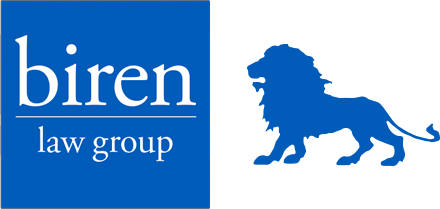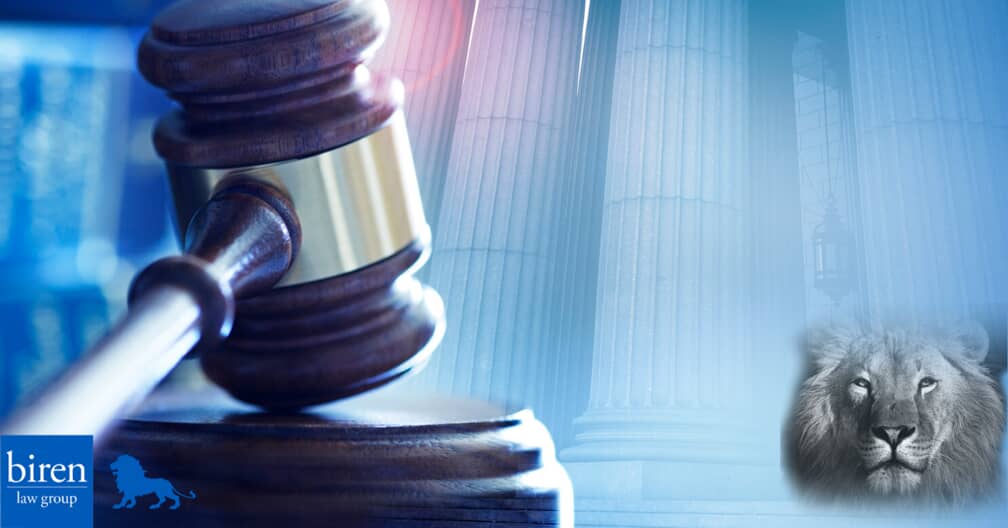A Los Angeles jury handed Tesla a major victory last month when it found that the automaker’s Autopilot software was not responsible for a 2019 crash that injured the driver.
The case is believed to be the first personal injury trial against Tesla regarding its Full-Self Driving Autopilot technology and could set the tone for how future cases involving self-driving technology crashes are litigated.
About the Case
As reported by The Verge, the case stems from a 2020 lawsuit involving a Plaintiff who claimed that her Tesla Model S swerved into a curve while being operated in Autopilot mode. The Plaintiff also claimed that the airbag violently deployed, resulting in a jaw fracture, lost teeth, and facial nerve damage. Alleging that the crash was caused by defects in the design of Tesla’s Autopilot and airbag system, the Plaintiff sought $3 million in damages.
In a court filing, Tesla denied liability and contended that the Plaintiff was using Autopilot on surface streets despite warnings in the vehicle’s user manual that advised drivers against doing so.
At trial, the jury ruled in favor of Tesla and awarded the Plaintiff no damages. Jurors found that Tesla sufficiently warned drivers that the Autopilot technology was not a self-piloting system, and that the driver was distracted at the time of the crash. It also found that the airbag did not fail to perform safely and that the company did not fail to disclose facts.
Trial May Set Tone for Future Litigation of Autopilot Crashes
The central focus of this case was Tesla’s Autopilot software. Known as advanced driver-assistance systems (ADAS), Tesla’s technologies have been continually expanded to include Tesla Autopilot and Full Self-Driving (FSD) modes. While both offer capabilities such as automatic lane change, lane centering, and traffic-aware cruise control, Full Self-Driving offers tech that helps steep within lanes, obey traffic signals, and maintain the flow of traffic and has been promoted as software that could allow for fully autonomous driving in the future.
Since their inception, Tesla’s Autopilot and later its Full Self-Driving technologies have been associated with numerous injury-causing and fatal car accidents, as well as consumer complaints and regulatory investigations. In February 2022, for example, NHTSA announced that it was investigating Tesla Autopilot and FSD software over reports of unexpected braking.
Naturally, these concerns and crashes have led to several high-profile lawsuits, including the one in this case that led to trial and a verdict in Tesla’s favor. In these suits, plaintiffs often argue that Tesla’s software malfunctioned in some critical manner due to flaws in its design, and / or that Tesla failed to adequately warn drivers about risks associated with its driver-assistance technologies.
While this trial concerned only the facts of a single accident, it does elicit some important insights. This includes the fact that when Tesla software can’t be blamed, Tesla drivers may still bear responsibility for their crashes, allowing other drivers, passengers, and pedestrians injured by these drivers to seek compensation by filing civil personal injury claims. For Tesla drivers involved in single-vehicle accidents, larger accidents with multiple injured parties, or simply accidents they insist were caused by the automaker’s self-driving tech, however, the task of holding Tesla liable for design defects or other software problems could prove to be a challenge.
Ultimately, these cases pose a difficult and novel question: Who is responsible for crashes involving cars being operated in Autopilot modes – the human driver, the vehicle maker, or both? It’s a question that juries have little experience answering, and little historical context to help.
That’s why, according to experts, this trial could very well serve as a bellwether that informs how Tesla and other plaintiffs’ attorneys handle similar litigation in the future.
As personal injury lawyers with extensive experience litigating auto accident and products liability cases, our team at Biren Law Group plans to pay close attention to developments in this area.
As we also know from our successful jury trials, including a recent $60 million premises liability verdict that amounted to $95 million with costs and pre-judgment interests, the perspective of jurors can be different when more serious accidents and injuries occur – meaning that Tesla may not as easily escape liability when Autopilot comes into question in high-speed, highway, or fatal multi-vehicle crashes. Greater insight from regulatory and independent investigations into Tesla’s tech could also help illuminate issues that allow plaintiffs’ lawyers to help jurors better understand these complex technologies, explain how they failed to function as intended or marketed, and better structure their arguments for liability.

